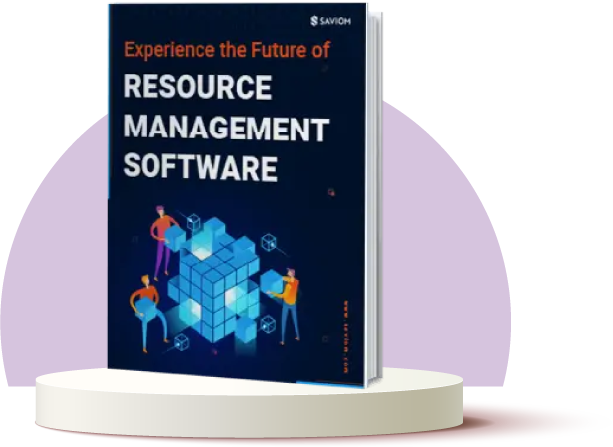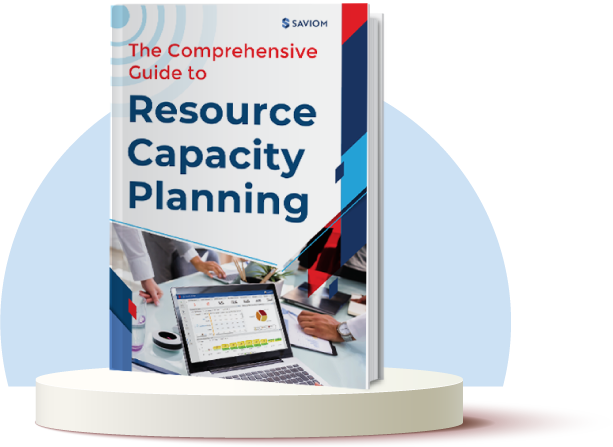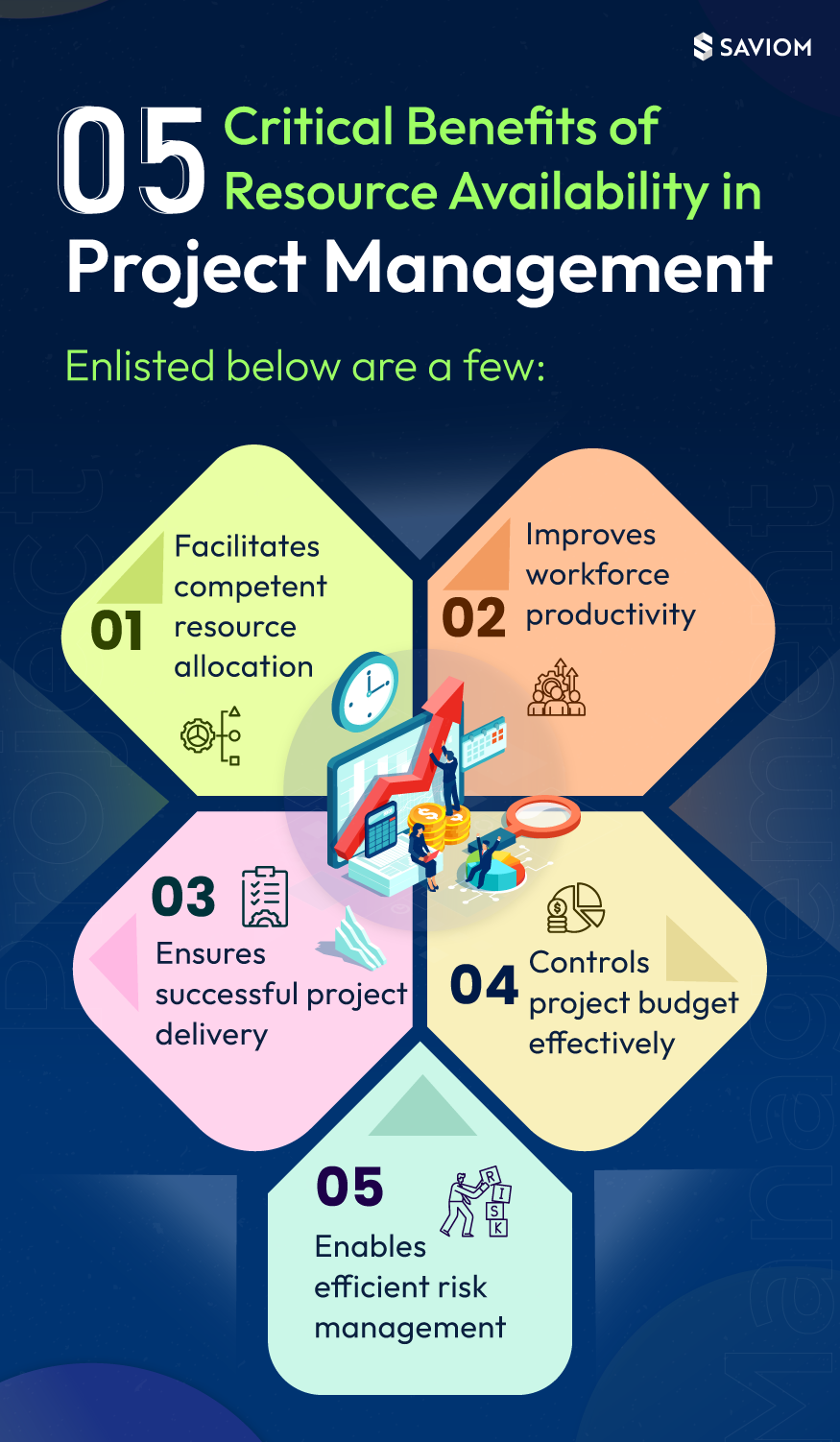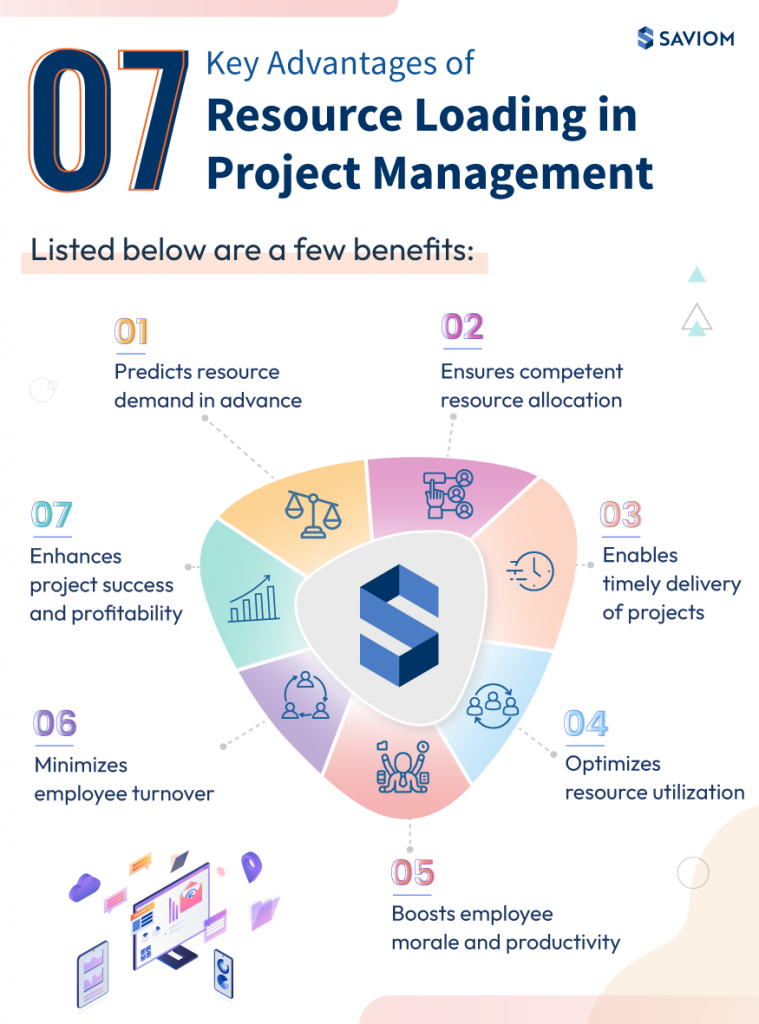“Meetings consume my day. I have no time to do any real work.”
“That meeting was a waste of time. Not sure what were we trying to accomplish.”
“The only decision we made today was that we need another meeting.”
Are you frequently hearing such comments from your peers about project meetings? If yes, unfortunately, these meetings are not serving their prime purpose.
Therefore, every manager or meeting facilitator needs to master the art of conducting productive meetings for successful project delivery. Effective meeting strategies can help a team work forward in a meaningful way and complete projects on schedule and within budget.
In simple words, project meetings are critical components in project management that keep a project running smoothly from start to finish. It helps to effectively discuss the project’s goals, tasks, bottlenecks, and progress with the team and stakeholders.
It is held at regular intervals during the lifecycle to ensure that all the entities involved in a project collaborate to address issues, propose ideas, and solve problems.

This blog breaks down the different types of project meetings and some critical steps to organize a productive one. But first, let’s understand its significance;
The importance of project meetings
Let’s take a scenario to understand this. You are managing a project, and during its course, a risk turns into an issue. However, during the project initiation meeting, neither did you convey these risks to the stakeholders nor brainstorm a mitigation plan. So naturally, it now becomes unmanageable and ultimately hinders your project progress.
It will further lead to re-work, budget overruns, missed deadlines, poor deliverables, and a dissatisfied project client. All this happened because the initiation meeting’s agenda was not fulfilled. Thus, running a productive meeting is critical to avoid such repercussions.
It is an effective way to provide transparency and updates to your team and keep the project on track. Conducting project meetings may also help you accomplish anything from sharing information to gathering input to making decisions.
According to a leadership lesson offered by the Association of American Colleges (AAC), “Effective meetings create a platform for open talks among team members’ that brings in varied information, and viewpoints to solve issues and assist one another in achieving the collective goals.”
In addition, a project meeting helps to get buy-ins and approvals from stakeholders, update them about the details of the project, incorporate changes, and improve delivery. Meetings can also do wonders for a team’s productivity. It can boost their morale by celebrating milestones and creating a sense of team belonging, enhancing resource productivity.
Therefore, a well-organized meeting at each stage of the project is ideal for keeping projects on track and completing them on time and within budget.

From the initiation to the closure, there are multiple types of meetings that can be conducted based on the agenda. Let’s know some of these;
What are the different types of project meetings?
Understanding project meeting types helps you develop the right agenda, cover the necessary information without getting off-track. Here are some of the most critical types;
Project kick-off meeting
A Project Kick-off meeting is held at the beginning of the project to establish the project goals. It ensures that everyone understands the objectives, procedures, and plans. This allows team members to understand work dependencies and align their efforts with the expectations better. It includes high-level stakeholders, such as the project sponsor, management, the project manager, and team members. However, within the project team, the kick-off meeting only involves the project manager and team members.
Project status review meetings
Status review meetings are organized regularly to exchange and analyze the project’s current progress. During these meetings, the project manager distributes performance reports among the team and stakeholders to provide visibility into recent performance and task progress. Its purpose is to verify if everyone is completing their tasks on time. The status review meeting also helps you understand the variance in the project budget and communicate the critical information ahead of the curve.
Agile scrum meetings
Scrum meetings- a part of an agile framework is one of the popular methods for managing projects. Since scrum teams work under short deadlines, they are responsible for completing and submitting project tasks at short intervals. Hosting regular meetings can help these teams stay in sync and spot issues to minimize delays. Scrum meetings include daily scrum or standups, sprint planning sessions, sprint iteration reviews, and sprint retrospectives.
Technical review meetings
A technical review is a meeting of project professionals to discuss detailed planning and technical issues such as engineering, manufacturing, etc. The technical review meeting allows a system of checks and balances from a variety of Subject Matter Experts (SMEs) to improve the product’s design and identify specific issues and concerns. It is mainly related to any technical architectural-related discussions, detailed programming-level discussions, etc.
Stakeholder meetings
This is an essential type of project meeting, as winning stakeholder support and taking their opinions are significant to project success. During stakeholder meetings, project managers share progress, milestone status, top action items, issues, project risks, etc. In case if there are any changes, they can seek stakeholders’ feedback and approvals and incorporate them well in advance.
Change control meetings
Although you may have planned every phase of the project initially, there will be many changes along the process that must be managed in a disciplined way. Change control meetings are organized by a change control board to examine modifications based on their impact on the project delivery and make decisions. In this meeting, the project manager presents their professional opinion on the impact of the proposed change, makes a recommendation, and discusses steps for implementing the change.
Project closure meetings
The project closure meeting is the closing stage in the project’s life cycle as it indicates the project’s official termination. The project manager emphasizes the agreed-upon project deliverables and also analyzes the biggest wins and losses as a part of learnings that can apply to future projects.

Let’s discuss some steps to execute effective project meetings that will help you maintain the project’s course throughout the lifecycle.
7 tips on conducting an effective project meeting
According to a recent survey, companies spend roughly about 15% of their time in meetings, while those in more senior jobs spend 50% or more of their time in conversations with their team members.
That means meetings are an integral part of professionals’ lives. So how exactly can you make project meetings effective in sharing information and building relations?
Below mentioned are the seven tips that can help you get there;
Create a practical meeting agenda
It all begins with a plan. Managers can create an agenda and use them to avoid deviating discussions about other topics. It’s also vital to not add multiple things to the agenda since you won’t be able to devote enough attention to each one diligently. Additionally, you may want to share the meeting agenda in advance so that participants know what will be discussed and have time to formulate ideas and questions. This also allows people to consolidate any relevant information or presentations ahead of the curve.
Circulate the previous minutes of the meeting
Many team members are likely to forget the details of the previous meeting. Therefore, project managers or meeting facilitators should distribute the last meeting’s minutes to the scheduled attendees to add more context and keep everyone in the loop. Circulating this will help attendees refer to the notes and decisions that the group discussed in the last panel. In addition, this document can include all the details of the previous meeting session such as date, name of attendees, approval of agenda, any additions or follow-ups details, etc.
Include the right attendees & encourage participation
As Jim Collins stated in his book named Leadership, From Good to Great, it’s all about getting the right people on the bus. Therefore, to run a successful meeting, it’s critical to have the right attendee in the room. From decision-makers to stakeholders and team members who are closest to your agenda. Determine who will be active participants to convey the expectations, raise queries, resolve issues, etc., and provide enough lead time to prepare for the meeting. Ensure that you exclude irrelevant participants, as it slows down the process and adversely impacts team productivity.
Take the status of all the open items
One of the critical responsibilities of a project manager is to gather the status of all open items from the previous meeting. This helps them to assess what has been done and compare it with the planned activities.
For instance, if a project manager has scheduled a weekly meeting every Monday, then he/she before beginning the meeting will first check for any improvement or progress on the previous week’s tasks. All guests are notified if any actions have been taken. On the other hand, if no action is taken, the management appoints someone to look after them, get to the root cause, and course-correct them.
Keep the meeting focused
As a project manager, you have to ensure the meeting flow is streamlined and include the shortlisted discussion topics. You can also use ‘minutes reminder’ in meetings that will help you ensure you discuss all the agenda topics without running overtime.
For instance, you are hosting a technical review meeting, but some participants suddenly started discussing the budget and its variance. As a project manager and a meeting facilitator, the onus lies on you to keep the meeting focused and bring back the participants’ attention to the agenda.
Ask for feedbacks & suggestions
Organizing a Q&A session at the end of every project meeting is the best way to clarify participants’ queries. Questions such as, was there anything you didn’t comprehend throughout the meeting? Did the project meeting achieve its objective?” can be asked. Finally, when the meeting session is over, you may create the meeting minutes and email it to all attendees and those who could not attend.
Leverage the right tool for a productive meeting
When it comes to virtual meetings, finding a reliable and secure video conferencing software that helps you do productive discussions is essential. The right technology will allow the meeting facilitator to schedule meetings through email, upload agenda papers, and even conduct face-to-face video sessions. In addition, a built-in mechanism for meeting minutes also helps the meeting host to keep track of decisions and other important outcomes from each meeting.
Thus, choosing the correct sort of meeting to hold, sticking to an agenda, and leveraging the technology may all help you enhance team efficiency. It will also promote team engagement and make the meeting successful.
Conclusion
Conducting an effective project meeting is imperative to keep everyone on the same page, foster trust, and avoid disagreements and conflicts. Today, companies have grown into a world of digital meetings, with the advent of remote work and the shifting workplace dynamics. Therefore, leveraging the right tool coupled with the tips mentioned above is equally essential. Furthermore, it will assist you in running sessions that are organized, productive and facilitate seamless project progression.
What strategies do you implement to keep your project meetings focused and productive?
The Glossary
The SAVIOM Solution
SAVIOM is the market leader in offering the most powerful and configurable solutions for managing enterprise resources efficiently and effectively. Having more than 20 years of experience, this Australian-based MNC has a global presence in over 50 countries. It is also popular with more than 100 customers and helps them achieve their business goals. SAVIOM also has products for project portfolio management, professional service automation, and workforce planning software which can be easily customized as per business requirements.













